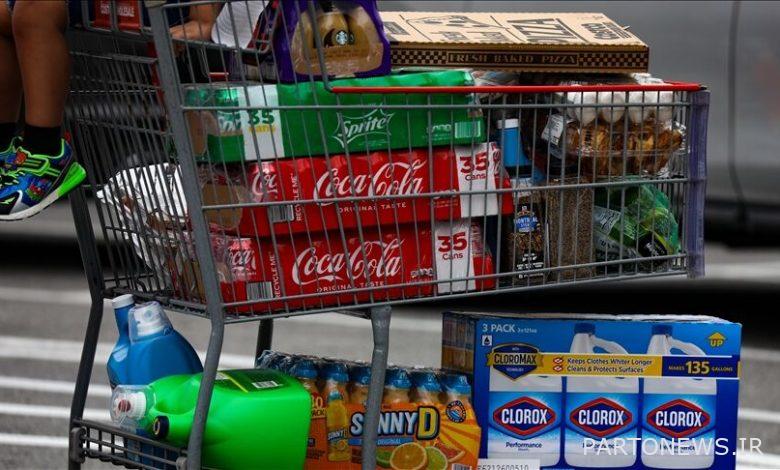Unprecedented decline in consumer confidence in the United States

According to IRNA on Sunday, the American university’s website wrote: The American consumer confidence index has decreased by 14% this month (June) since May (May).
All components of the American Consumer Confidence Index have declined this month compared to May, with the sharpest decline in the outlook for the coming year, a 24 percent drop from May.
The University of Michigan reported in its report that consumer sentiment measurement on Friday fell to its lowest level of 50.2 points. The figure was nearly 10 points lower than economists forecast for the Wall Street Journal, a drop of 8.2 points from last month (May).
US Consumer Perceptions on Current Economic Situation Decreased from 63.3 points a month earlier to 55.4 points in June
Consumers’ assessments of their personal financial situation have fallen by about 20 percent.
46% of consumers attribute their negative views to inflation. In May, 38 percent of American consumers blamed inflation for their financial situation.
In general, the price of gasoline has put a lot of pressure on American consumers, which is not surprising given the 65% increase in the price of gasoline at home compared to last month.
Half of consumers in their interviews mentioned the increase in gasoline prices, while in May 30% and a year ago, only 13% of consumers mentioned the increase in gasoline prices as one of the indicators of the reason for the decline in consumer confidence. They had mentioned.
US consumers expect gasoline prices to rise by an average of 25 cents next year, more than double the May price and the second-highest price since 2015.
In addition, most consumers spontaneously reported a shortage of supply for the ninth consecutive month.
The University of Michigan reported that such low confidence among American consumers is reminiscent of the Great Depression of the 1980s.
Economists at the Contingent Macro Center seem to be drawing similar conclusions, noting that the share of consumers who use inflation as the main reason for their negative assessment of the economic outlook was as high as in 1981.
Several financial institutions in the United States, including BoA and J. JP Morgan has predicted difficult economic conditions for the country due to worsening inflation as well as rising US Federal Reserve or interest rate hikes aimed at curbing inflation.
US Department of Labor data on Friday showed that consumer prices rose 8.6 percent in May from 12 months earlier, up from 8.3 percent a year earlier in April.

